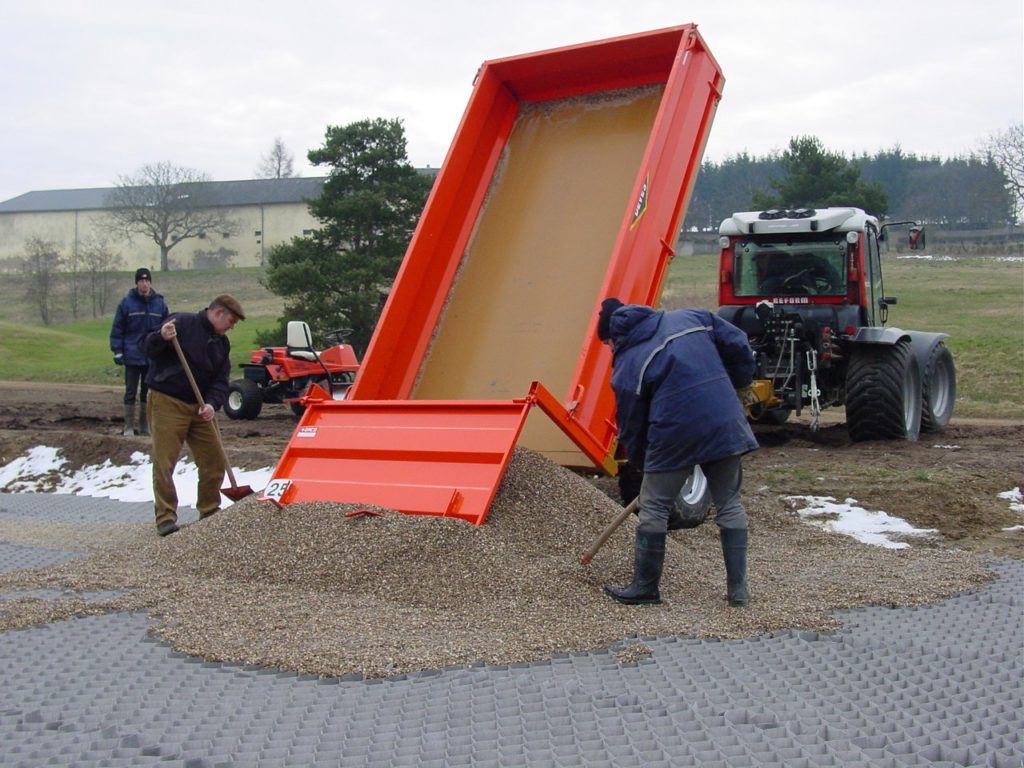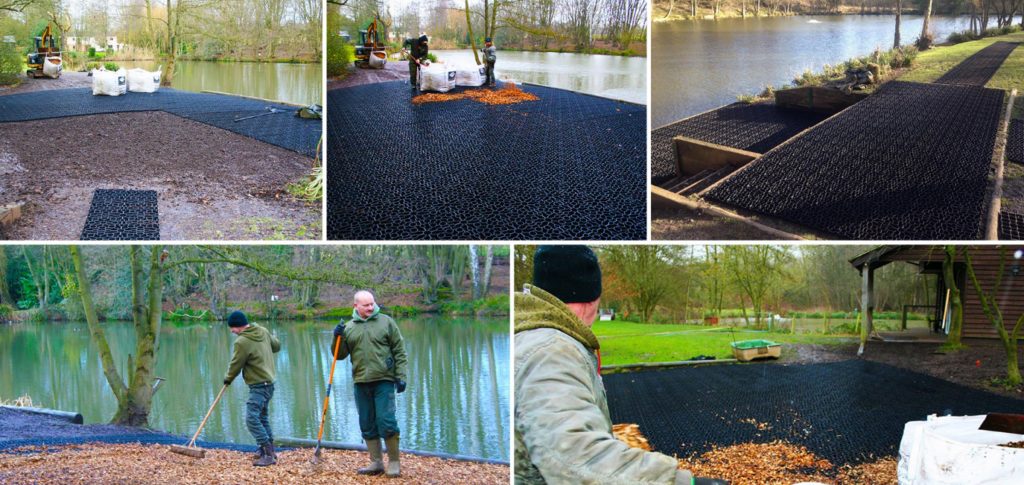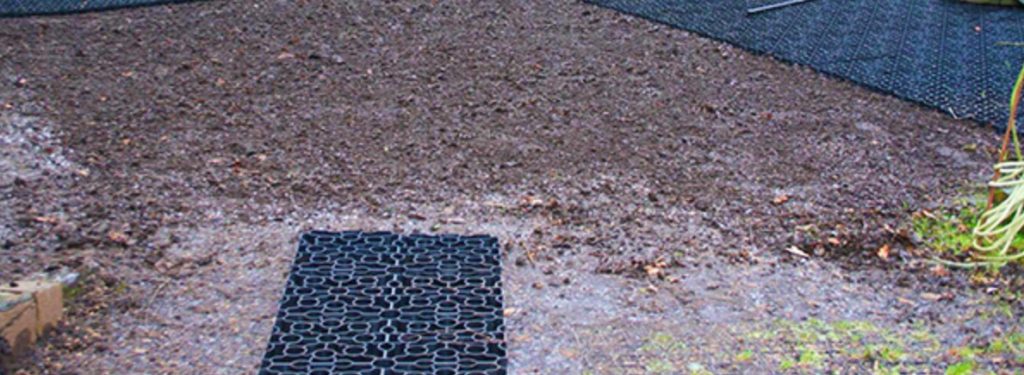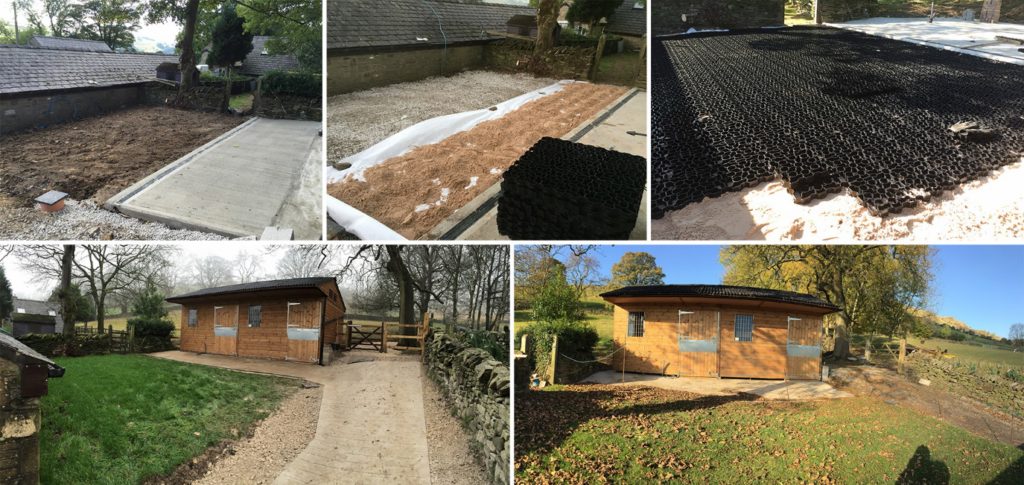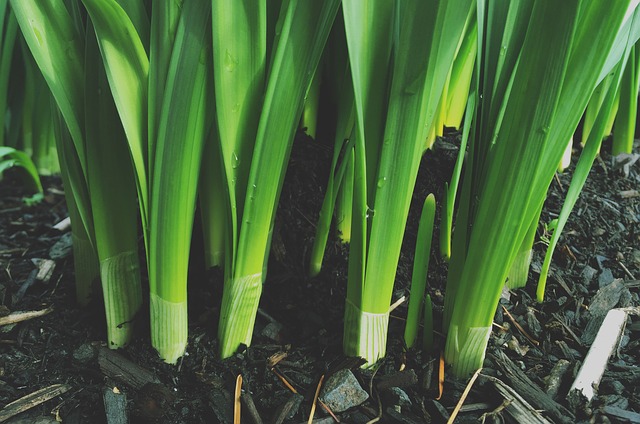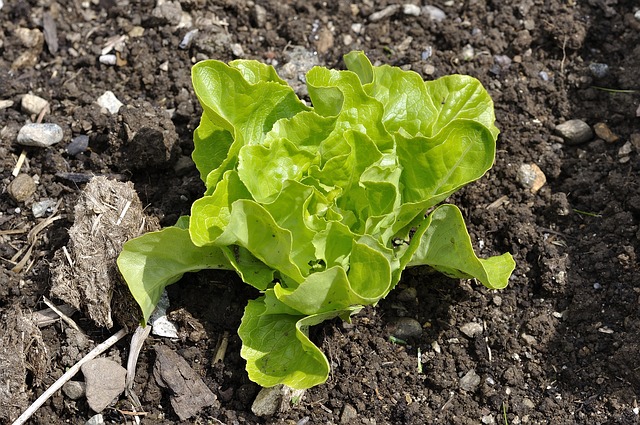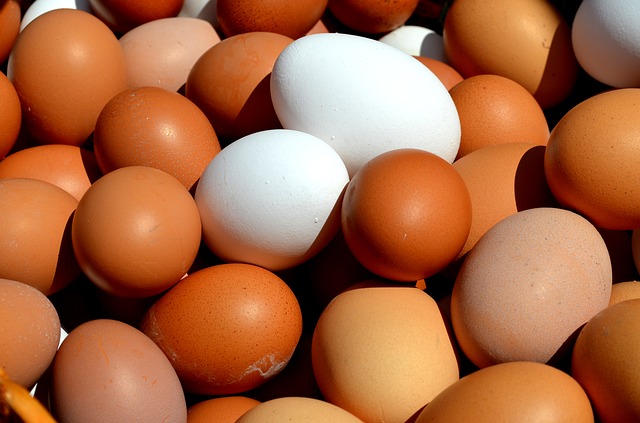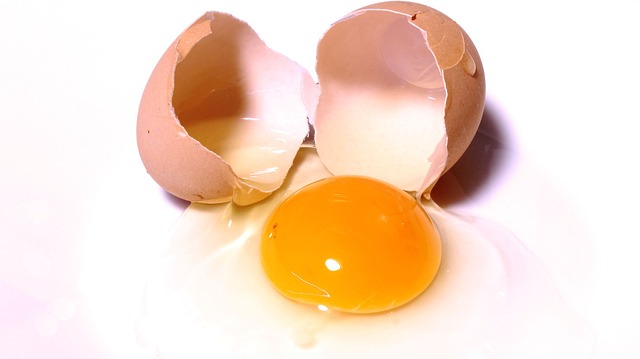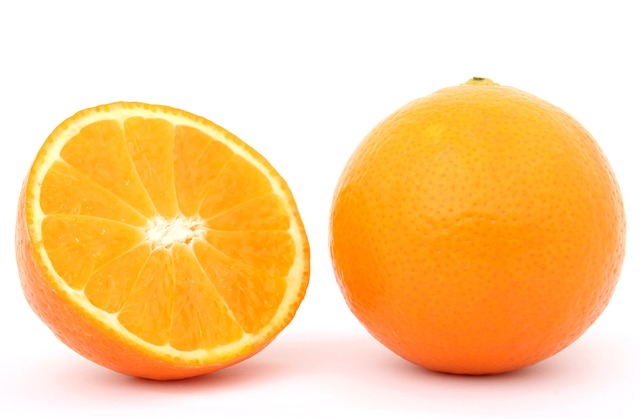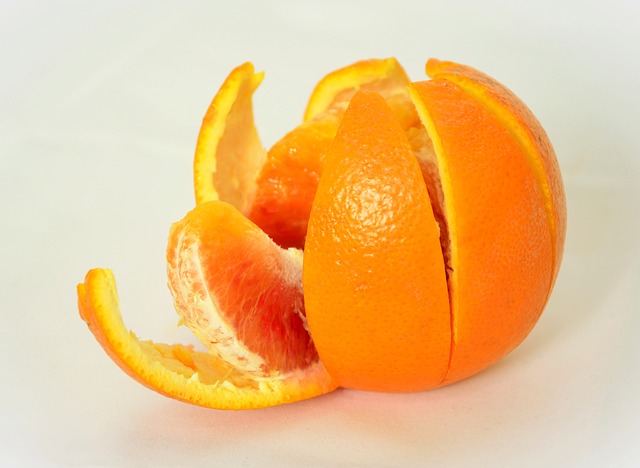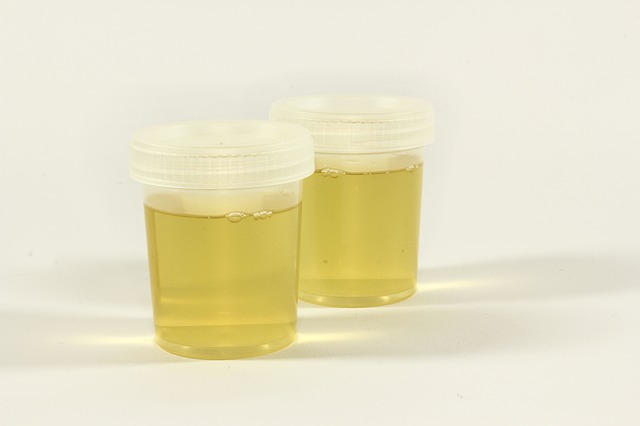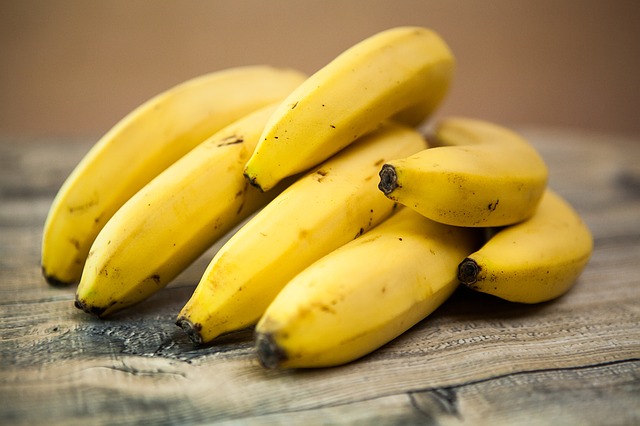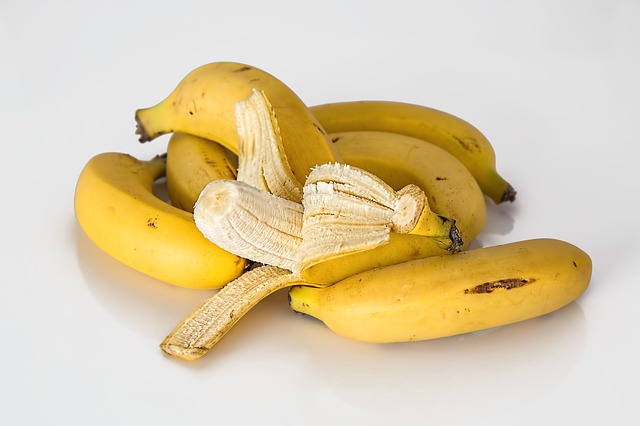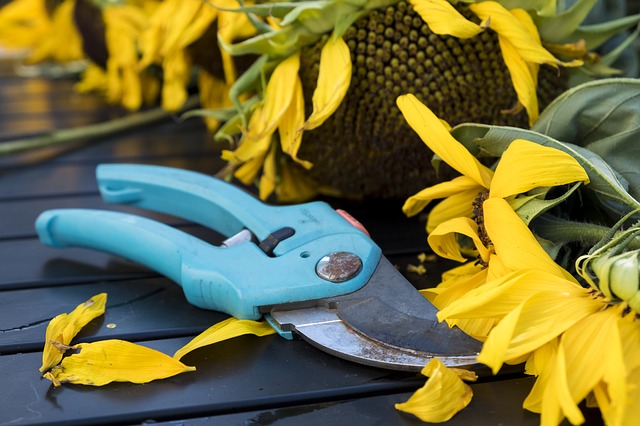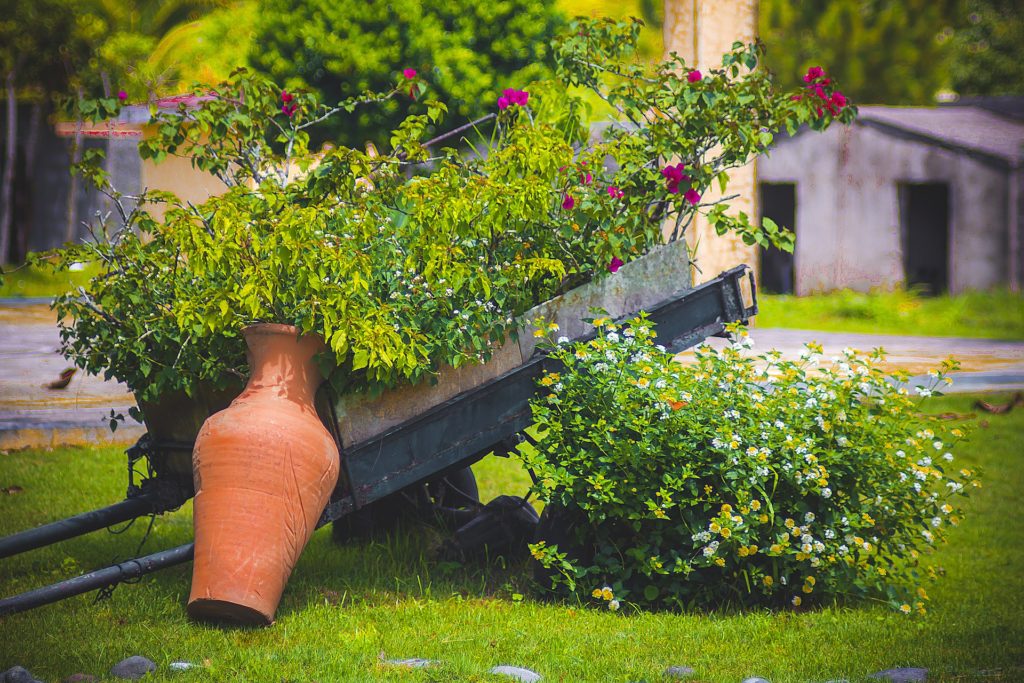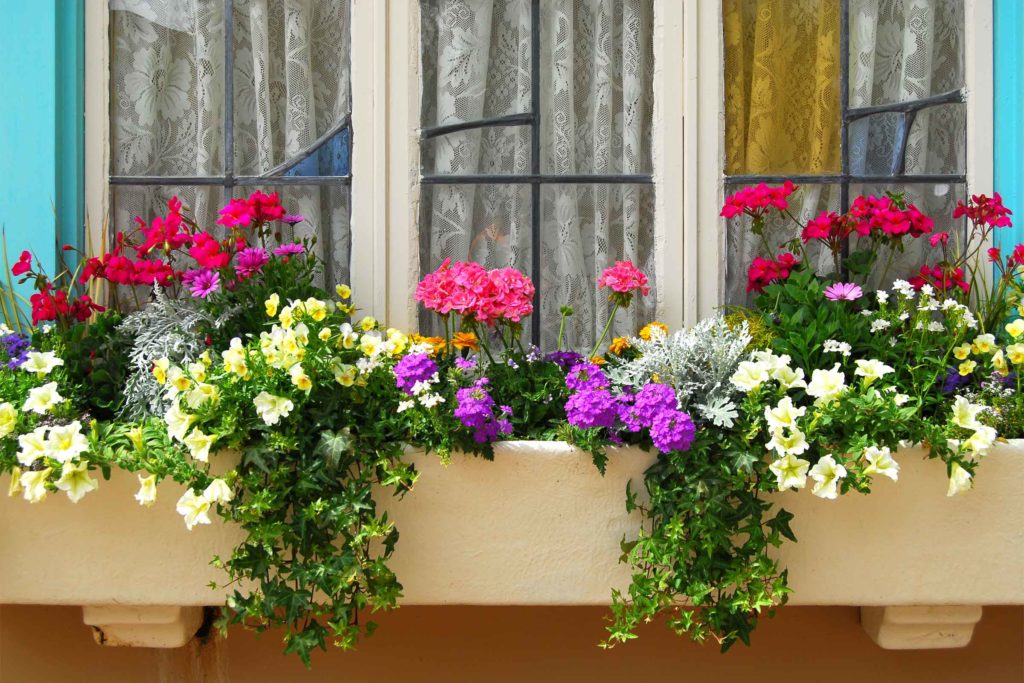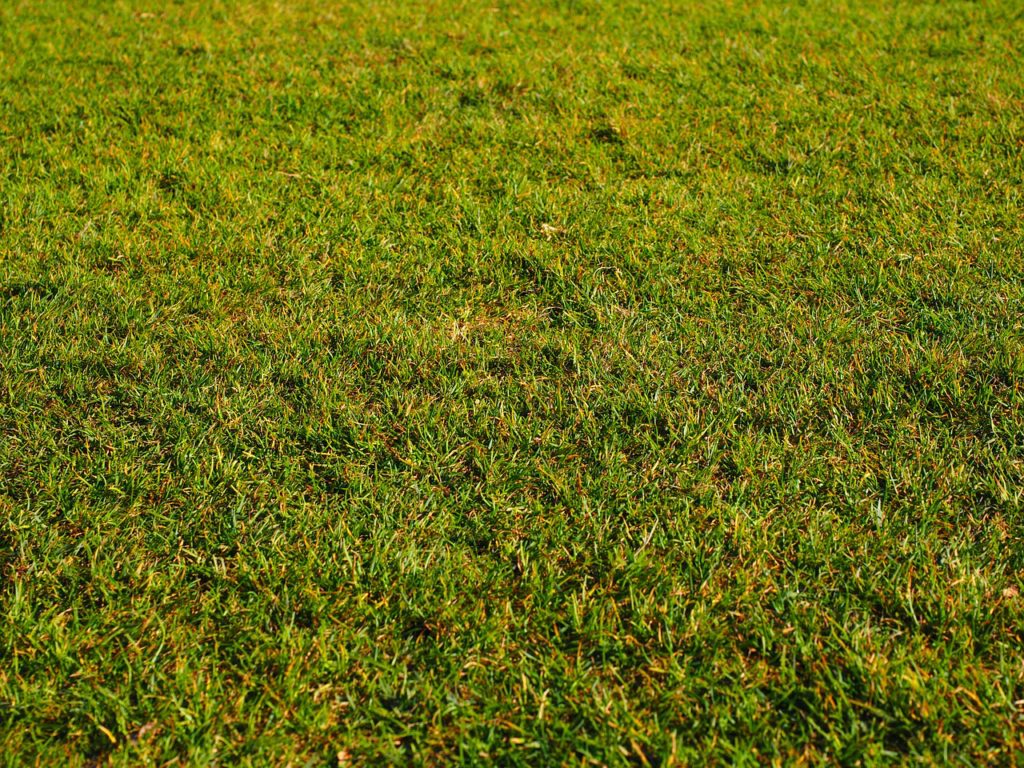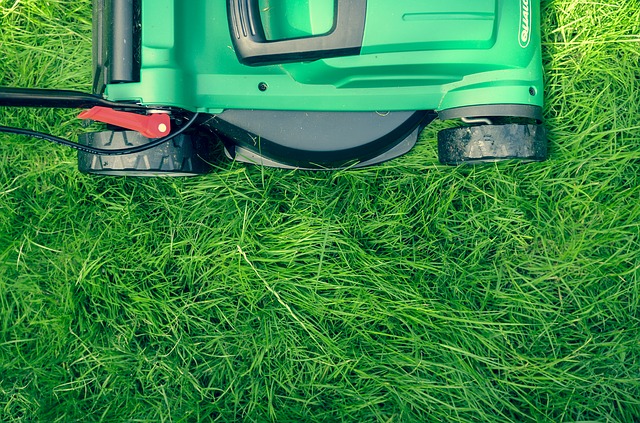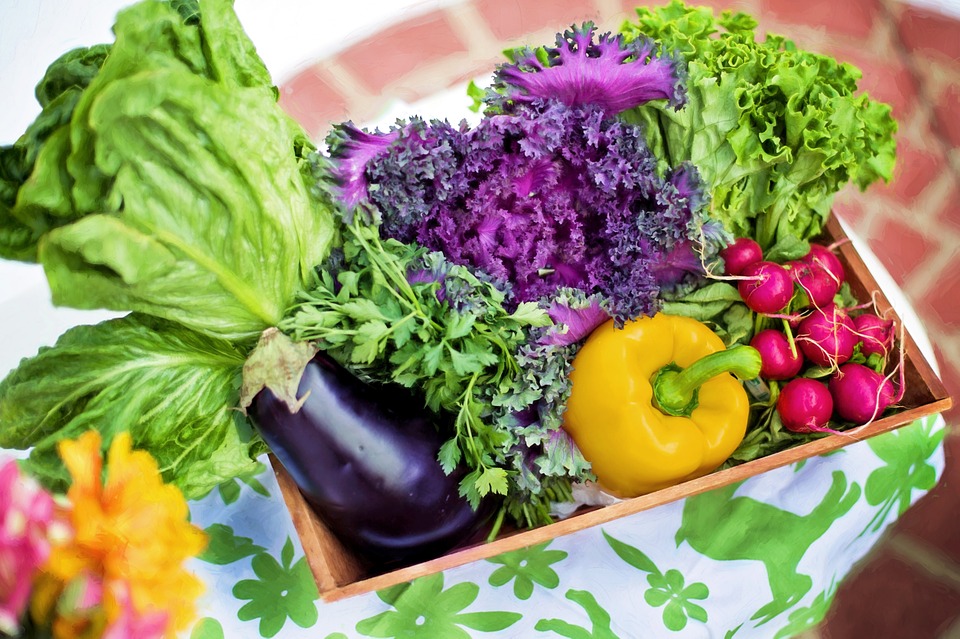Many locations around the world get a lot of rain. With an average of 33 inches of rain per year, this is especially true in the U.K. where it is rare for a day to pass that it is not raining somewhere. Regardless of where you live this can lead to problems with garden and patio flooding. Water can accumulate in the ground and prevent excess runoff from being absorbed properly.
Most problems with waterlogging and flooding in most gardens tend to stem from poor landscaping and lack of ground preparation to help rainwater drain away, this is where the use of eco-friendly plastic grids can come in handy.
Headaches You Don’t Want To Deal With
One of the biggest problems that can occur from poor drainage is the increased risk of flooding which can damage not only your garden but also your home. Excessively wet soil that does not dry up can cause problems inside the home such as flooding, water seeping into the brickwork, increased risk of mildew and mold, and weakening of cement and mortar.
In the garden, it can lead to boggy or marshy conditions that prevent plants and grass from surviving, soil full of bad bacteria, foul-smelling odors, and a decline of the soil. It can also make the ground very soft causing heavier items such as sheds and patios to begin to sink or tilt, and brick walls to warp and fall down.
Create Drainage Channels
In order to prevent these types of things happening, you will need to provide a way for water to drain away from the ground. The first step to take is to provide drainage channels that are dug around 4 feet underground and filled with a coarse material such as gravel, pea shingle, or slate chips.
The channels should lead away from any areas that contain structures and where the water can easily flow out off. Once the channels have been filled the soil should be backfilled and it is always a good idea to mix gravel into the soil layer too.
A Base For Support
Next, you want to provide a supportive base for the grass or patio by employing the use of some eco-friendly plastic grids that allow water to escape easily. Eco-friendly plastic grids consist of an open cell structure that allows rainwater to pass through with ease and also helps keep grass, gravel, and patios level and in place.
The whole idea is to provide a stable and solid base that does not prevent excess water from permeating into the ground yet remains an eco-friendly and cost-effective option.
Defeating Clay-Rich Soils
Flooding tends to occur most commonly in clay-rich soils where the fine particles clump together and prevent water molecules from passing through. This can be problematic in areas where there is a high proportion of clay-based soil.
To combat this can prove to be a big job and usually involves having the garden dug up and a medium such as gravel or peat mixed into the soil before putting it back. It is during this stage that it is a good idea for the drainage channels to be dug or to have plastic drainage pipes installed underground.
It is important to ensure that you have the soil compacted after as if you fail to do this then it will slowly drop over time leading to uneven surfaces. Using plastic grids can help retain a level surface as the interlocking grids provided a single, stable layer.
Grass roots can create a thick layer that can delay the drainage of water, to help deal with them you can use a garden fork to aerate the ground and create micro-holes that will allow the water to escape.
Deal With The Sources Of Water
Some of the main sources of excess water are roofs, roads, and driveways. To reduce the effects of flooding these areas should be taken care of. If a roof is the main cause of water collecting in the garden then it is a good idea to have drains fitted to the roof to divert the water away into the drainage system.
Roads and driveways should already have drains installed, but if this is not the case you could have a small brick wall built to prevent water from entering the garden. As most flooding problems are caused by impermeable materials such as cement and tar it is a good idea to consider better options such as gravel driveways and patios with large enough spacing to allow water to drain away.
A gravel driveway is a perfect solution for dealing with areas that flood as the gravel will allow the water to pass through freely and into the ground below. If you are installing or thinking of installing a gravel driveway then you need to consider using plastic grids that lock together to be placed beneath the surface.
The interlocking units prevent the gravel from moving and help stop potholes or uneven distribution of the gravel. The specially designed grids also allow water to pass through them and can support up to 420 tons of compression per square meter.
You could opt not to use grids but they are the better option for gravel driveways due to being eco-friendly, water permeable, strong and durable, and cost-effective.
Without some form of barrier beneath the gravel, you will experience shifts in the stones leading to them becoming dispersed, the potential of them being absorbed by the ground beneath, and less drainage due to compression into the soil below.
Keep Patios Flood-Free
Grids are also an excellent option when installing a patio as they not only provide a solid and level surface for the patio slabs but also provide a gap between the slabs and the soil beneath them so that water can drain away quickly.
If water is left standing on a patio it can lead to a build-up of algae which can not only become very slippery making the patio a safety hazard but also cause damage to the surface of the slabs over time.
When laying a patio DO NOT fill the gaps between the slabs with cement or grout, use fine pea shingle and have it compacted in the spaces so that it acts to keep the slabs in place while allowing water an escape route.
Water will always follow the point of gravity, meaning that any sloping areas of uneven surfaces will attract the water making it harder for it to drain away in those parts.
Save Your Garden
A garden that floods is a garden that is difficult to enjoy, especially if it is always an uphill battle to keep the ground dry and your plants alive. You could take advantage of planting thirsty trees such as Willow, Pumpkin Ash or River Birch which all soak up huge quantities of water.
Plants that help are Hibiscus, Petunias, and many tropical plants such as Banana and Canna which absorb a lot of water quickly. Preventing flooding normally takes a multifaceted approach and relies on some hard groundwork for maximum benefits.
Once the soil is improved and you take advantage of plastic grids beneath the surface level and provide adequate drainage you will never have to worry about flooding in the garden again. It can be a daunting and frustrating process working out how to regain control over your lawn and patio and once you know where to begin you can start to improve upon it.
Remember to take advantage of nature’s sponges by utilizing water-thirsty plants and trees and to add mulch, shingle, or loam to your soil to help break up any clay contained in it.
Digging drainage channels is a great idea if you have the time and energy to do so as they help move the water away rather than leaving it to sit in the soil. Using eco-friendly plastic grids can allow for easy draining, and provide a secure and hardy base for grass, shingles, pebbles, gravel, and patio tiles.
The design of the grids allows water to escape quickly and helps prevent surface build-up. At the same time, grids keep the surface secure preventing potholes and dips that allow water to sit for longer.
A well-looked-after garden that has been planned out to prevent flooding will provide you with a gorgeous space where you and your family can create lasting memories for years to come. If you have been suffering from a waterlogged lawn or patio, try these steps to remedy the problem or prevent it before it starts!
Author Bio: MatsGrids are suppliers of Ground reinforcement systems, grass reinforcement, and protection mesh for domestic and commercial landscaping projects. Our business mission is to become the UK’s leading supplier of groundworks, civils, and landscaping products.
Start Shopping for Permeable Pavers!
The Best Places To Find Free Composting Materials
Many people are interested in composting but feel like they don’t have access to enough organic materials. Luckily there are a range of places you can find free composting materials to get started or make your current pile bigger. Here are some of the best and easiest...
4 Steps to Get Your Garden Ready for Spring
After being cooped up all winter, you may be dreaming about harvesting from a lush summer garden. But before you get there, there’s a lot of work to be done to get the garden ready. Spring garden prep can be intimidating, especially if your garden beds have been left...
What Not To Compost
Composting has many excellent benefits. It allows you to recycle organic material which can then be used to help to enhance your soil. And of course, it’s an environmentally friendly way to reduce trash. But before you get started you’ll need to know what not to...
How To Build A Vegetable Garden That Is Both Tasty And Attractive
A healthy vegetable garden can provide you with hours of stress-busting, mental health-boosting fun and give you and your family healthy, organic produce to eat for months. If you have even a few square feet of yard space, planting a vegetable garden is easy and...
Using Eggs Shells In The Compost
There are many food scraps that people use in their compost. However, there is one that is often overlooked. Using egg shells in compost is not just a great way to help reduce waste but also boosts the nutrient content of the soil you are creating for your plants....
Using Egg Shells In The Garden
Once you learn how you can use egg shells in the garden you won’t just think about eggs solely as food. Their shells are a free way to add to the health of your soil and plants, but they also have quite a few other helpful benefits as well. Here are the best ways to...
Using Orange Peels In The Garden
Oranges are a healthy snack and ingredient but you’re most likely wasting one of the most beneficial parts, the peel. While we can’t eat them, using orange peels in the garden has many surprising advantages. Here are the top ways you can put your peels to work....
Can You Compost Orange Peels?
If you’ve ever wondered, "can you compost orange peels?" the answer is yes. Although there are a few things you should know when doing so. So here’s your fast guide! Composting Basics When composting, you’ll need to include a mix of both carbon and nitrogen-rich...
Using Urine As Fertilizer
While urine is waste, it also contains nutrients that our bodies can’t use. But your garden can! Using urine as fertilizer is free and as organic as it gets! Here’s what you’ll need to know when thinking about using it. There have actually been multiple studies that...
The Urine-Compost Connection
Composting is all about re-using organic materials. And like the majority of us, you probably have been flushing away one of the most natural ways of all to condition your compost. By adding urine compost can be given a huge boost and that is passed on to whatever...
Using Banana Peels In Compost
Can you put banana peels in compost? You bet you can! While bananas offer us some extremely important nutritional benefits that help us to stay healthy, their peels can be used to add to the health of your compost pile as well. Bananas are one of the most popular...
Using Banana Peels In The Garden
Bananas are both delicious and healthy. And you may have wondered after finishing your morning shake or afternoon snack whether those peels you’ve been throwing away for years could be used for other things. What can you do with banana peels? It turns out quite a lot,...
Common Gardening Injuries And How to Avoid Them
While gardening isn’t necessarily the most dangerous pastime one can think of, injuries do occur. Recent data suggests that in the US alone, over 300,000 gardening injuries occur annually. So whether you are a seasoned gardener or are just beginning, it’s important to...
Just Moved? How To Safely Transport Your Plants Into Your New Garden
It can take years of planting and care to create a magnificent garden. That’s why the prospect of relocating or moving houses can induce anxiety in gardeners. Whether you plant ornamentals, or if you grow your own vegetables, having to start over can be a daunting...
Filling Those Window Boxes: Flower Species That Thrive With Container Gardening
Those traditional window boxes overflowing with flowers may remind you of summer cottages or childhood dreams. This particular feature is one that you want at your home all year-round. Container gardening for window boxes takes a certain flair for picking out the...
Why You’ll Want To Revamp Your Garden with Artificial Grass
Installing an artificial lawn is an easy and attractive way to improve and revamp your garden. This is because an artificial lawn is like a real lawn, only much better! Artificial grass has been developed to such a high-quality standard that it looks and feels as...
The Best Grass Types For Creating A Drought Tolerant Lawn
Many of us live in dry and arid places. There are many locations around the world that unfortunately for your lawn don’t get much rain throughout the year. For people who live in these places, a green, healthy-looking lawn can seem impossible to have and maintain....
Easy Lawn Care? Experts Say It’s Possible With These Tips!
There's no way around it: If you want a lush lawn, you have to work for it. That entails putting in a lot of time, effort, and yes, money. And even if you are hiring experts in lawn care, you will still need to shoulder some of the responsibilities involved. That does...
Water-Wise Landscaping: Avoid Cultivating These Types Of Plants
Water is one of the primary needs of all plants. They need to receive the right amount of hydration to grow and thrive properly. You can ensure your plants get the hydration they need by watering them regularly using a garden hose or watering can, or by having a...
Starting A Vegetable Garden: Motivational Tips For Beginners
Back in the day, our ancestors did not have to go very far to buy vegetables, they just had to step out in their garden and pick up free, fresh veggies. Unfortunately, over generations, most of us have lost touch with our natural gardening instincts due to the busy...
